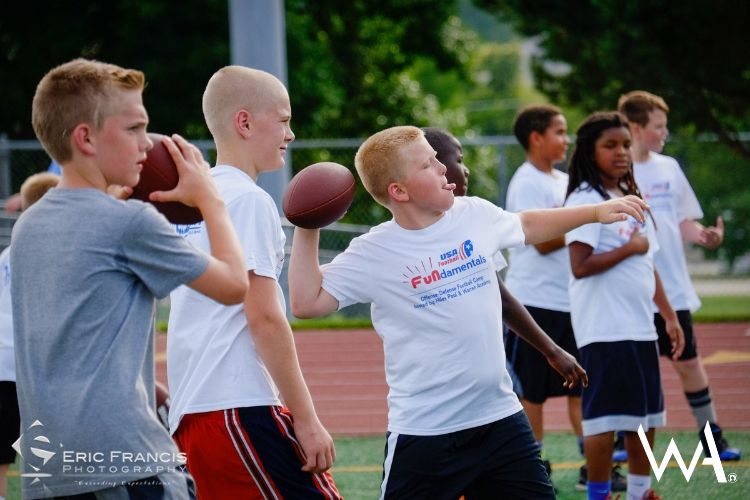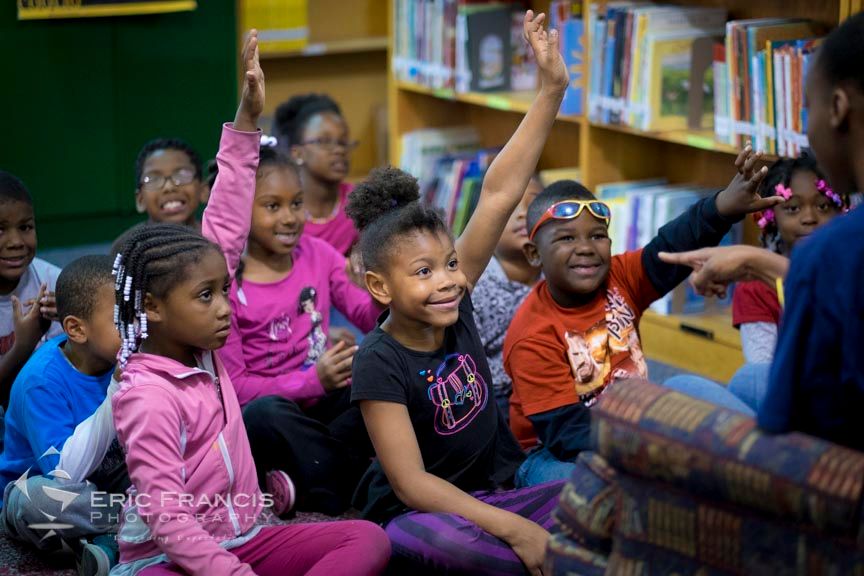
Sports and athletics have always had a very unique impact in communities, societies, and lives. No matter what the age, sports are a different way one can express themselves.
Many athletes start participating in sports at a young age. Whether it is t-ball, track or micro-soccer, youth sports come with many benefits. It is a way kids are able to get out of the house, and potentially develop a love for the game. Sports teach children a lot, not just about the game, but about life. Sports and youth development go hand in hand. Here are some life skills sports focus on.
1.Dealing With Authority
To start, youth sports are a great way for children to start respecting authority other than parents or teachers. A large part of life, both professionally and academically, is about learning how to handle and interact with authoritative figures. You aren’t always going to agree with everyone, and sports help teach kids that. Through sports, kids will learn the importance of respecting authority and the decisions they make. They will learn how to follow set rules, and a good youth sports coach should ensure this happens.
2. Adversity
Adversity is defined as “a state or instance of serious or continued difficulty or misfortune”. For whatever reason, we have all been in hard situations that take a lot of effort to overcome. Adversity is present in every sport, as well as life in general. You could be down 14-plus points in a football game, playing the 5th set of a volleyball match or taking the last shot of a basketball game, adversity puts a lot of pressure and anxiety on anyone involved.
Being introduced to adverse situations in youth sports is extremely beneficial. Not only will these situations help build courage, but confidence as well. Being in these types of scenarios at a young age will only make it easier to overcome adversity later on in life. Knowing how to handle adversity, how to fight and get through it, is one of the best skills one can develop.
3. Teamwork
Teamwork is something in life that’s going to come up over and over again. Youth team sports put a huge emphasis on “teamwork”. Being involved with teams at a young age will help children develop communication and social skills, understand goal-setting and teach them about accountability. Being in a cohesive team environment not only gets children to step out of their comfort zone, but will prepare them for school, work, and whatever other team situations they encounter later in life.
4. Accept Failure
Failure can be a difficult thing, especially if you have a competitive mindset. No one enjoys failing, but it inevitably is gonna happen. Youth sports teaches kids how to accept failure, to learn from it, and move on. Sports teaches kids how to humbly accept success as well. Life is filled with failure. Accepting failure, and learning how to overcome it is a vital life skill that will go a long way.
5. Confidence
Lastly, youth sports is one of the best confidence builders out there, and confidence starts with success. Whether it is making a three-pointer, getting a base hit, or placing in the 200 meter, success builds confidence, and makes kids eager to find more of it in all facets of life. In life, you need to be confident in whatever you do. A lack of confidence leads to many obstacles. Building confidence at a young age will help eliminate fear, as well as prepare children for whatever life throws at them next.
Sports and youth development have a lot in common. Youth sports are much more than losing and winning, they are much more than becoming a better athlete. Youth sports can help children understand that not everything is given to them, that they have to work hard for what they want in life. They teach the importance of teamwork, how to battle through adversity and accept failure. Yes, youth sports are going to help develop sport specific and athletic skills, but also give children a better understanding of how to go about their future. Practicing these skills will help children in both sports and youth development.


